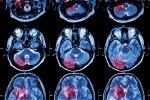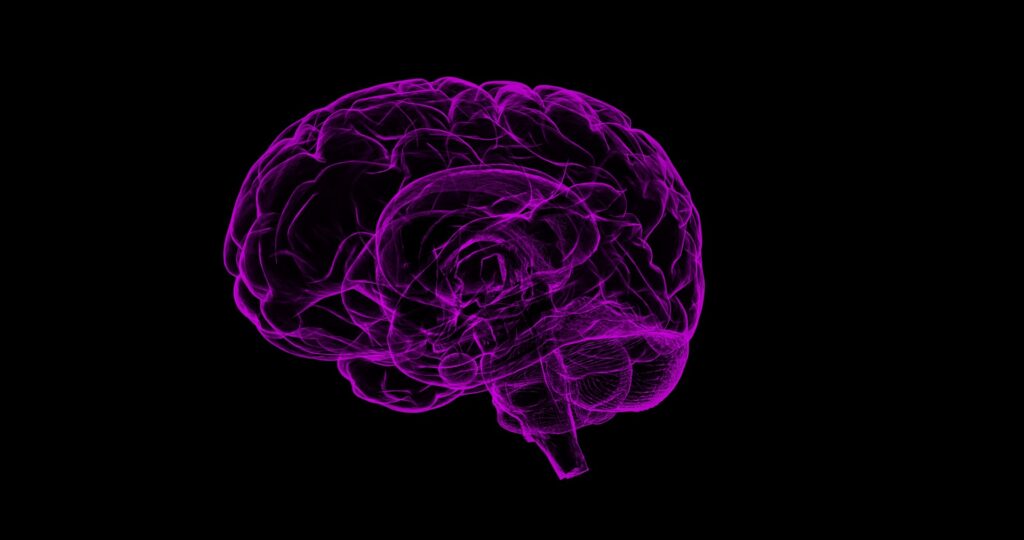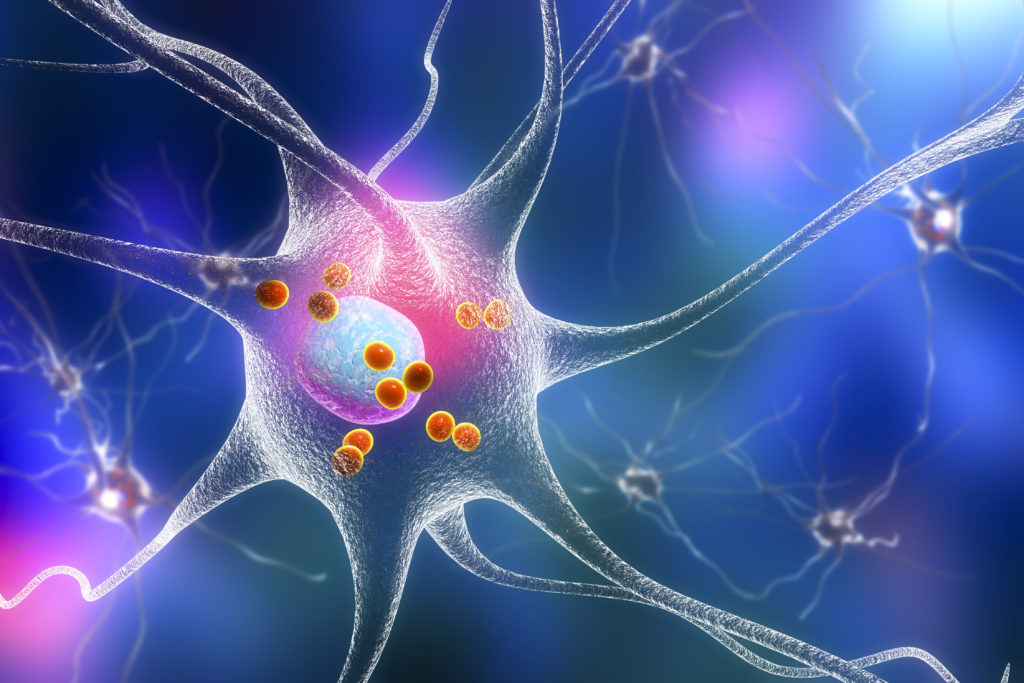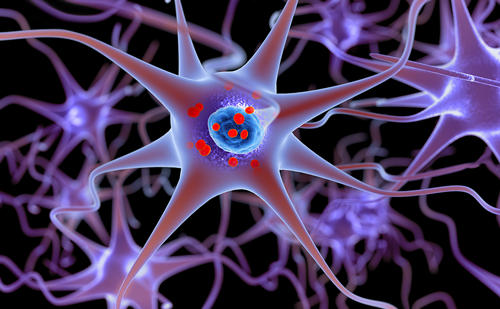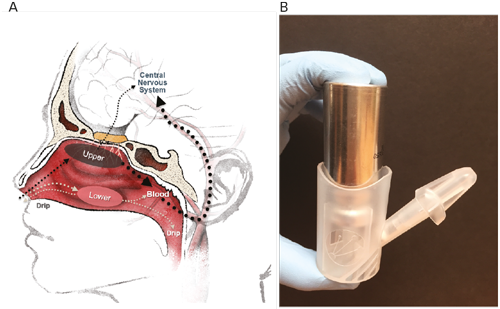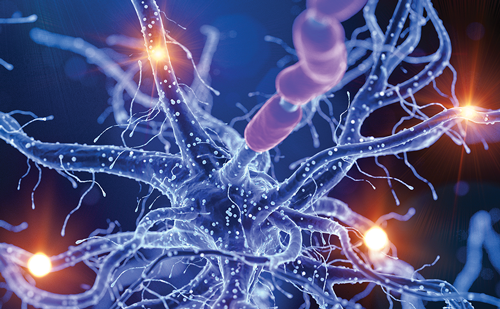Welcome to the latest edition of European Neurological Review. The COVID-19 pandemic has brought numerous challenges to neurologists, including how to deal with patients hospitalised with COVID-19 who require neurologic consultations, how we deal with routine neurologic consultations, as well the growing role of telemedicine. This issue features articles discussing the neurological impact of the pandemic, as well as articles on a range of common neurological disorders.
As a result of the COVID-19 pandemic, numerous conferences are being held virtually. In an expert interview, Amos D Korczyn gave insights of the 14th World Congress on Controversies in Neurology (CONy), which was a fully online virtual experience, as well as discussing the neurological implications of COVID-19, including the wider impact of the current situation on patients with neurological disease. I am delighted that this issue also features an interview with Rebecca Stuckey, a colleague in the Neurology Department at Derriford Hospital in Plymouth, UK, who illustrates the importance and value of the nurse specialist role in neurology. In the interview, Rebecca discusses her role as a headache nurse specialist, unmet needs in migraine therapy and the impact of anti-calcitonin gene-related peptide migraine therapy. The neurological aspects of COVID-19 are also covered in a review article by Zirra and Constantinescu, which summarises the current knowledge of neurological manifestations and the impact of COVID-19 on individuals with neurological disease.
Despite many advances, the incidence of refractory epilepsy has remained stable over the last decades. Recently, there has been renewed interest in cannabis-based therapies, a result of the regulatory approval of oral cannabidiol in the treatment of seizures associated with Dravet syndrome and Lennox–Gastaut syndrome. Lattanzi et al. review the pharmacology of cannabidiol and the clinical evidence supporting its use.
The role of B cells in the pathogenesis of multiple sclerosis (MS) has been an active area of research in recent years. In a review article, Ron Milo describes the role of B cells in MS, as well as the clinical development of ofatumumab, a subcutaneous B-cell therapy that is being investigated as a first-line treatment for patients with active relapsing MS and may have advantages over other anti-CD20 monoclonal antibodies.
Lastly, we feature an article on Parkinson’s disease (PD), my own speciality. One of the major non-motor symptoms of PD is olfactory loss, and this is found in around 90% of people with PD. In a review, Haehner et al. summarise our current understanding of olfactory loss in PD and consider the diagnostic utility of olfactory testing for early PD diagnosis.
European Neurological Review would like to thank all authors who contributed their expertise towards this edition. A special thanks goes to our Editorial Board for their continuing guidance. We are also grateful to all organizations and society partners for their ongoing support. We hope that these articles prove thought-provoking and useful. Please also take the opportunity to look at the videos hosted within Conference Hub on our website, which features a wealth of content from experts in the neurology field. Finally, we hope you all stay safe and well during these difficult times. q
Camille Carroll
Dr Camille Carroll is Associate Professor and Consultant Neurologist at the University of Plymouth Faculty of Health. She received her PhD from the University of Manchester and her BM BCh degree from the University of Oxford, UK. Dr Carroll leads Parkinson’s clinical research and the Parkinson’s disease (PD) service in Plymouth. She is the national specialty lead for neurodegeneration research for the Clinical Research Network, overseeing national clinical research capabilities and the development of a balanced clinical trial portfolio in neurodegenerative disorders, including Parkinson’s, Huntington’s and motor neuron diseases. Dr Carroll is the chief investigator of a multi-centre clinical trial of simvastatin as a neuroprotective agent in Parkinson’s disease (PD STAT). Her research is focused on neuroprotection and ways of improving neuroprotective clinical trial design. She is also interested in the use of digital health technologies for disease monitoring and personalized care in PD, including the design and delivery of innovative care pathways.


